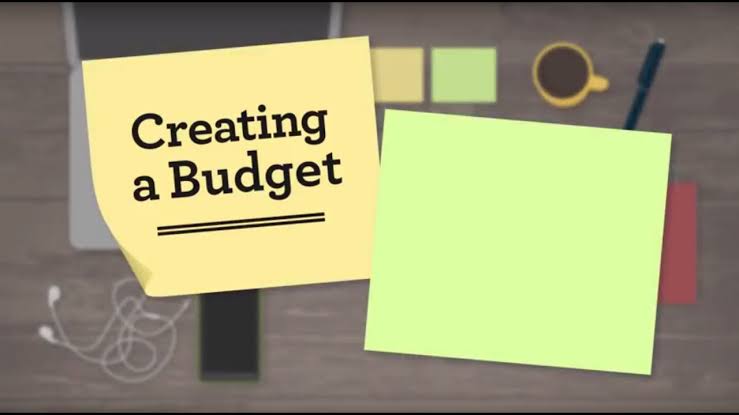When you are in college, you will be the most cash-poor you will ever be in your entire life. The good news is that when you graduate, things will start to get better. In college, though, things will be tight – really tight. This is why budgeting is important. When it comes to a college student budget, there are a number of ways that you can make sure you are the most efficient with all available cash. There is a good chance that you will have a small amount of cash for your most important expenses, and very little left over for personal spending. This is why you want to have a balance. Here are five easy budgeting tips for college students.
1. Create a Daily and Monthly Budget
A lot of college students have a loose idea of what a monthly budget looks like, but what about a daily budget? If you don’t budget out your daily expenses, your monthly budget will never be accurate. This is why you want to have both – so that you can compare and make regular checks. You don’t want to get to the end of the month and realize that you’ve run out of money.
2. Include Your Needs and Exclude Your Wants
Of course, you want to fill your budget with all of your needs – at the end of creating your budget, you want to have more needs than wants. Of course, you don’t want to starve yourself of the little things here and there, but they should in the ‘wants’ category. The last thing you want is to not have enough money for things like textbooks and groceries.
3. Estimate High and Not Low
When you estimate costs, you always want to round up and not down. Most of the time, things will cost more than you think. If something is less money, you can always be pleasantly surprised. However, you don’t want to have a budget full of estimations and then realize that you don’t have enough capital to cover all the costs. This is especially important when you are estimating student aid.
You may like- formative evaluation
4. Make Sure to Use Cash for Small Costs
When you are paying for small costs, you want to use cash. If you have a credit card, these small expenses may cause you to max out. Ideally, you want to use your credit card to build credit – not to pack in a bunch of tiny expenses that add up over time. For instance, if you are purchasing a pack of gum, you want to use loose change or that spare dollar – and definitely not your credit account.
5. Include All Priority Expenses
Whether you are getting Maryville’s online FNP program, or if you are going to George Washington University, you want to be sure that you include priority expenses in your budget. This goes beyond needs and wants. For instance, your health insurance, your tuition, and expenses like that, are all priorities that you want to have enough money for.









